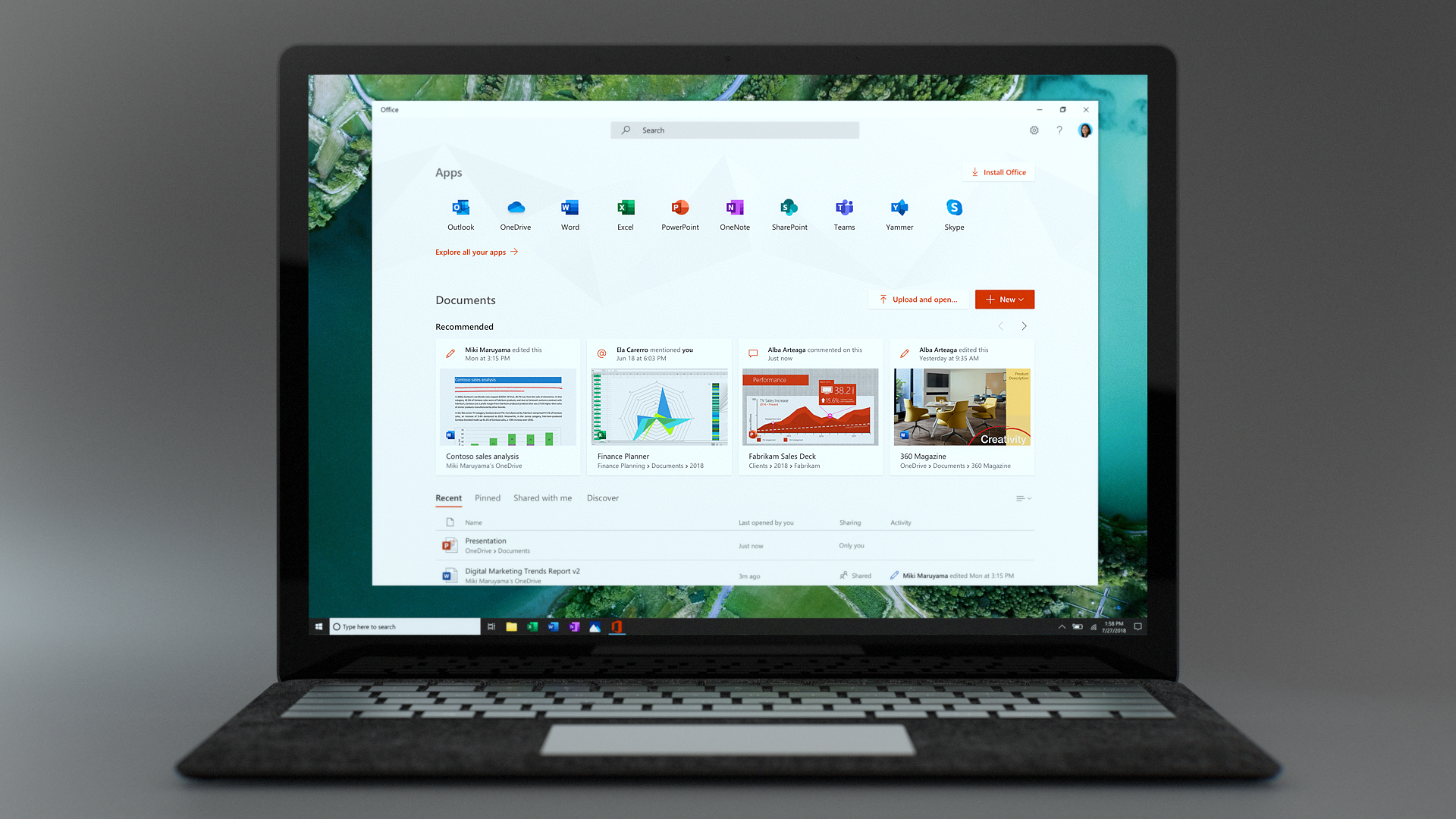DOWNLOAD THE FREE WHITEPAPER HERE

Microsoft takes care of the infrastructure, but the data remains the customer's responsibility. The misunderstanding falls between Microsoft’s
perceived responsibility and the user’s actual responsibility of protection and long-term retention of their Office 365 data.
The misconception that Microsoft fully backs up your data on your behalf is quite common, and without a shift in mindset, could have damaging repercussions when this responsibility is left unattended.
Microsoft 365 is the productivity cloud designed to help each of us achieve what matters, in our work and life, with best-in-class Office apps, intelligent cloud services, and advanced security. Ultimately, you need to ensure you have access to, and control over, your Exchange Online, SharePoint Online, OneDrive for Business, and Microsoft Teams data.
Microsoft Office 365 offers geo-redundancy, which is often mistaken for backup. Backup takes place when a historical copy of data is made and then stored in another location. However, it is even more important that you have direct access to and control over that backup. So if data is lost, accidentally deleted, or maliciously attacked, for example — you can quickly recover
Office 365 provides application Availability and uptime to ensure your users
never skip a beat, but an Office 365 backup can protect you against many other security threats. This report explores the hazards of not having an Office 365 backup in your arsenal, and why backup solutions for Microsoft Office 365 fill the gap of long-term retention and data protection.
What's Covered:
- The Big Office 365 Misconception
- 7 Reasons Why Backing Up Office 365 is Critical
- How Often These Reasons Happen
- Actionable Step to Secure Your Office 365
Learn 7 critical reasons why organizations need to backup Office 365 data. Read the complete whitepaper, now!







